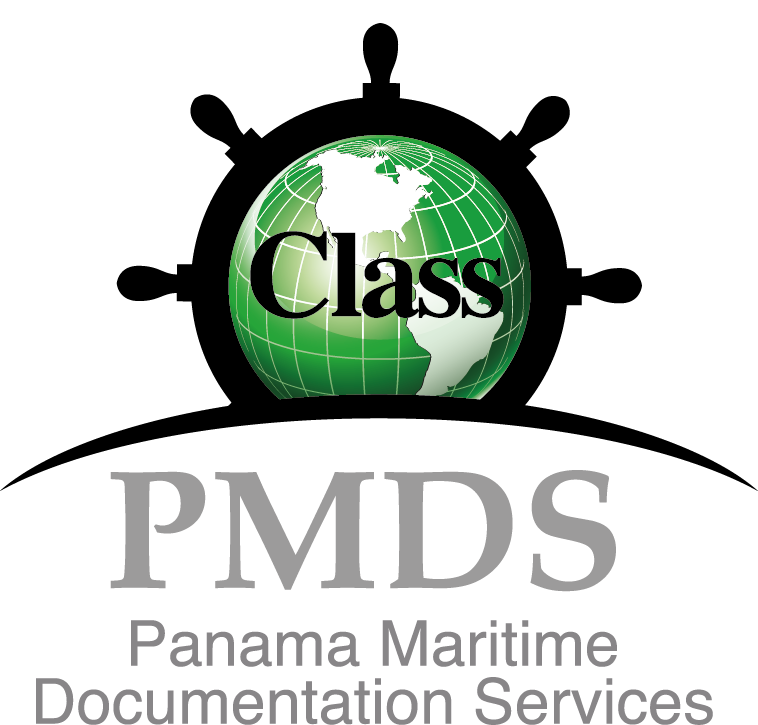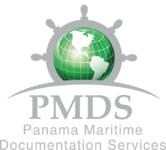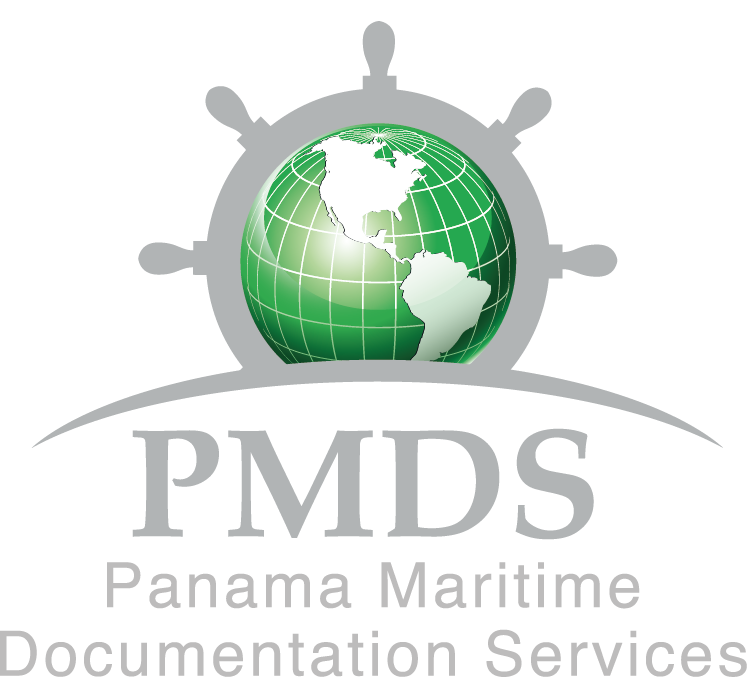
USCG: Enhanced Examination Program (EEP) (April-June 2024)
Beginning on 1 April 2024 and continuing until 30 June 2024, USCG Port State Control (PSC) Officers have been directed to carry-out an enhanced exam to verify engine room fire safety. The enhanced exam will take place during every USCG PSC A and PSC B exam conducted onboard cargo ships. This EEP apparently appears to be introduced after the recent Baltimore bridge collapse due to allision incident by M/V Dali.
EEP is similar like Concentrated Inspection Campaign (CIC) by various PSC MOUs. USCG introduced the updated PSC targeting program as three PSC exam types (PSC A, PSC B and PSC C) which prescribe the scope of the exam in Jan 2020 replacing previous exam types, (e.g. PI, ISPS I) by:
a. PSC A is a “more detailed” exam, in accordance with reference (c), with increased scope beyond a standard exam, to include operational tests of equipment and witnessing crew performance of drills.
b. PSC B is the standard exam, conducted in accordance with reference (c). It includes a document check with a deck and engine room walk to verify validity of the ship’s certificates. Limited operational tests of equipment and systems may also be conducted. However, the PSCO may expand the scope of the exam, to include additional equipment tests and/or witness drills.
c. PSC C: Vessels scoring PSC C are not targeted for a standard exam, but are still eligible for a random exam, or an exam based upon reports or credible information regarding potential non-compliance. If selected for a random exam, the Coast Guard unit may conduct either a PSC A or PSC B exam.
The USCG PSC team is directed to:
- Verify proper operation of at least one (1) fuel oil shutoff valve via remote operation (SOLAS 11-2/4.2.2.3.4)
- Verify proper operation of control of stopping power ventilation for machinery spaces from outside the machinery space (SOLAS 11-2/5.2.1.2)
- Verify presence and condition of protection against hot surfaces {i.e., lagging). (SOLAS 11-2/26.1)
PSCOs are instructed to not test operation of fuel oil shutoff valves which would affect current operation of a ship’s machinery, to ensure that engines are not starved of fuel. If available engine room fuel oil shutoff valves cannot be operationally tested without affecting engine or ship operations, PSCOs shall visually examine the material condition of each valve, but not instruct the ship’s crew to carry out operational testing.
Source: USCG
For additional information contact us : corporate@panamamaritime.com

 (507) 6780-7942
(507) 6780-7942
